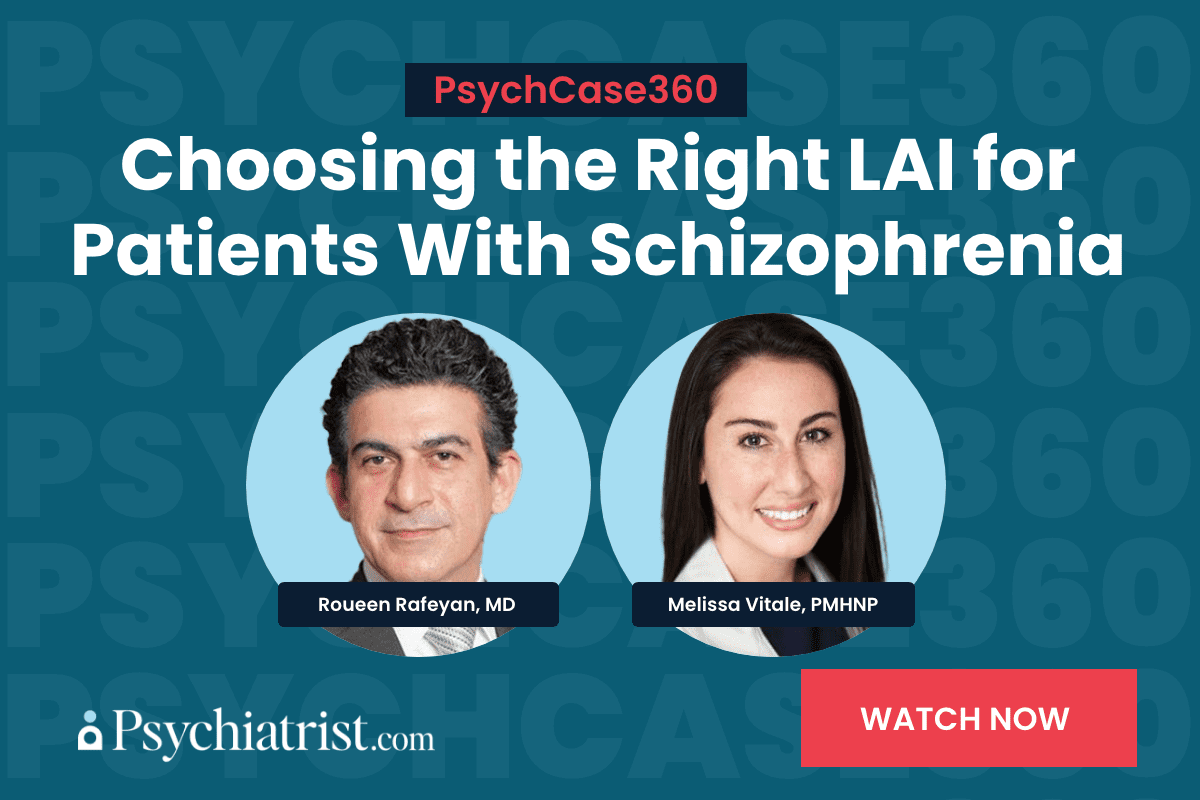Extended use of acid reflux drugs may increase the risk of dementia by a third, according to a new open access study published in the journal, Neurology.
Proton pump inhibitors, or PPIs, are medications commonly used to treat acid reflux and heartburn by suppressing gastric acid production. Recurring acid reflux may progress to gastroesophageal reflux disease (GERD), which can lead to esophageal cancer. Brands like Prilosec, Nexium, and Prevacid rank among the most widely prescribed drugs in the US.
Alzheimer’s Drug Leqembi Carries $5B Yearly Price Tag
Cholinesterase Inhibitors for Delusions and Hallucinations in Alzheimer’s
Causes of Dementia in a Young Patient
ARIC Study
The latest evidence comes from the Atherosclerosis Risk in Communities (ARIC) cohort study. The research tracked PPI use and cognitive outcomes in over 5,700 older adults starting in the late 1980s. Participants self-reported their medication intake through surveys every few years and clinic visits. The researchers categorized cumulative PPI use leading up to the 2011-2013 visits as none, short-term (1 day to 2.8 years), medium-term (2.8 to 4.4 years), and long-term (over 4.4 years).
Over a median follow-up of 5.5 years, there were 585 diagnosed cases of dementia. Current PPI use was not linked to higher dementia risk. However, subjects who reported over four years of cumulative use had a 33 percent greater risk of dementia compared to never users. Researchers didn’t find a connection for people who took the drugs for 4.4 years or less.
“While we did not find a link with short-term use, we did find a higher risk of dementia associated with long-term use of these drugs,”said study author Kamakshi Lakshminarayan in a media release. “These findings underscore the importance of limiting intake by the principle of “as needed, as short as possible.”
Adding to the Evidence
The study isn’t the first inkling of cognitive concerns associated with PPIs. A small 2019 study found a 44 percent increased risk of dementia with regular PPI consumption. However, another prospective population-based study in 2018 didn’t detect a connection. The new ARIC analysis underscores the potential significance of cumulative dosage over many years.
It’s not entirely clear why a cognitive connection with PPIs exists. The research is still preliminary and there are multiple hypotheses.
Scientists speculate that the drugs may reduce vitamin B12 absorption, a factor linked to cognitive impairment. Other research suggests that they alter gut bacteria in ways that disrupt the microbiome-brain connection involved in neuroinflammation. Some findings also associate PPI use with increased Alzheimer’s-related beta-amyloid production and the hormone gastrin. Animal studies imply PPIs amplify oxidative stress and cerebral small vessel disease.
More Research Needed
The study’s observational design lacked experimental control. Since observational data isn’t always a straight line to causation, clinical trials are necessary to definitively prove an effect.
The researchers pointed to some additional limitations, including the absence of information on the use of over-the-counter acid reflux drugs. Additionally, participants were only asked once a year about their medications so researchers had to estimate use between annual check-ins. They further noted that the ARIC cohort reflected relatively healthy community-dwelling older adults. Results may not generalize to broader groups.
So, while it may be too soon to sound the alarm, there is accumulating evidence linking long-term PPI use with heightened dementia risk. The findings of this large cohort study bolster the importance of judicious prescribing and diligent monitoring with prolonged PPI treatment. For patients facing bothersome GERD symptoms, it’s worth considering lifestyle tweaks like weight loss, dietary adjustments, and sleep position changes as safer first-line options. At minimum, providers should exercise caution in prolonging PPI treatment and make patients aware of potential cognitive trade-offs.
“More research is needed to confirm our findings and explore reasons for the possible link between long-term proton pump inhibitor use and a higher risk of dementia,” said Lakshminarayan. “It is important that people taking these medications speak with their doctor before making any changes, to discuss the best treatment for them, and because stopping these drugs abruptly may result in worse symptoms.”



